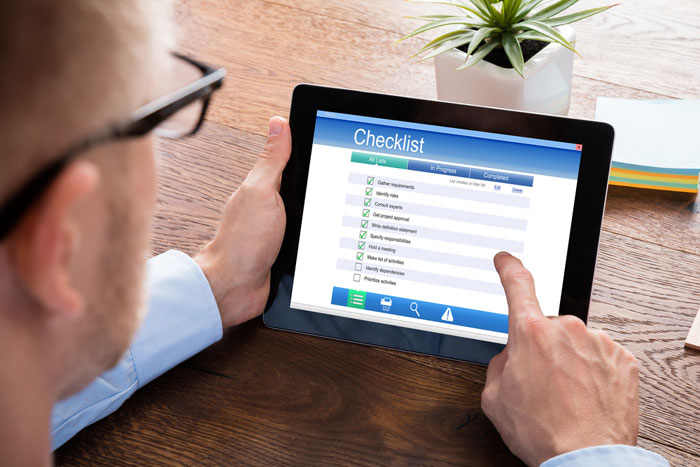
The two levels of screening candidates over the phone
There are basically two different screenings or telephone interviews that take place when you hook up with someone who could be the right one:
- The first interview, called a basic screening, is conducted when you want to figure out if someone is a fit. This is when you are using a template.
- The second telephone interview, called development of a potential candidate, is conducted after you have decided that someone appears to be on target, but you need more complete background information in order to have an accurate picture. It also enables you to get right to the questions and the essence of the candidate when later interviewing this person.
In trying to decide whether to go further with a candidate, you will sometimes find that the candidate's written presentation (resume) does not clearly state what you need to know. By comparing the requirements listed in the template you prepared at the very beginning of the search with the candidate's resume, you should, in at least half the cases, be able to tell if somebody should continue in the process. But, there will always be people you need to question by phone in order to screen them. In some cases, you will even deal with people who are afraid to submit a resume (even if they are very interested). When this is the case, you just have to get everything you need over the phone so you can create your own complete resume on the prospect. During the telephone interview process you always need to ask the same questions, so it is very helpful to use the template.
If the person in question has received the position specification/ candidate profile, keep in mind that you can ask him to take the page with requirements listed and match them up with his own background, in writing. When doing this, the person has to be specific. If you choose to do the match-up at this point, you should not ask the prospect to do the match-up after the face-to-face interview.
Candidate development screening over the phone
The development of a potential candidate interview is used when you want to flesh them out, after knowing or believing that they are on target. The information that you gather is basically what you need in preparation for the in-person interview. By following the checklist below, you should be able to gain enough information to write a career brief before even meeting with the candidate. By obtaining every piece of background information before meeting someone, you will find it easier to spot the weak spots or potential gaps in the career history or moves that appear to be happening. You can and should, basically, by having someone "developed" before the meeting, be able to cut to the meat. In developing a candidate workup, you should obtain the following information about prospects that you plan to interview:
Checklist for candidate development screening over the phone
- Education and work experience, dates with gaps reconciled
- Succinct organization descriptions-what business, scale for each company
- Position titles
- Organizational chart (above, on line, and below)/reporting relation-ship
- Size of the department, division, or group responsible for
- Position responsibilities
- At least three major accomplishments in each position
- Motives for interest in position
- Reasons for job change
- Personality
- Thoughts on why this prospect might be a good candidate
- Accomplishments relating to the specific responsibilities enumerated in the spec
- Details of source(s) by whom mentioned
- Level of interest and obstacles

